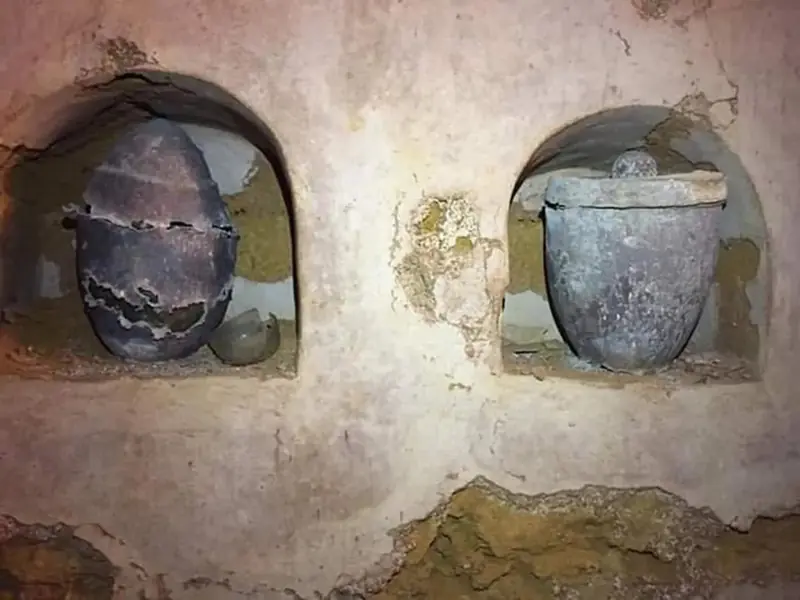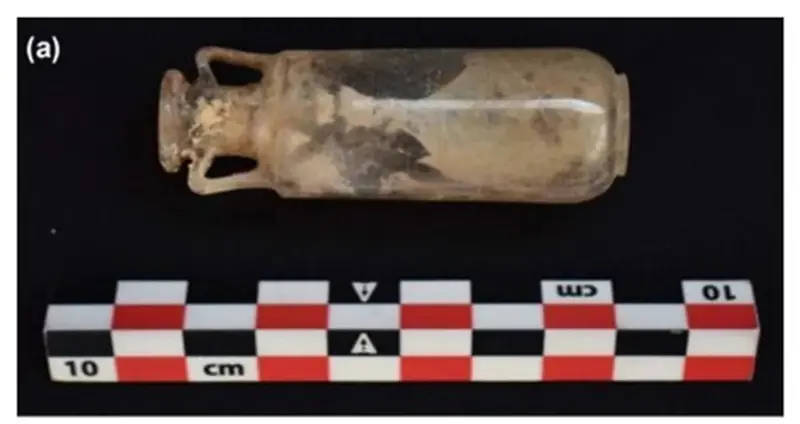
Spanish archaeologists have uncovered perfumes that solidified over two millennia during excavations of a mausoleum in Seville. The fragrant substance was contained within a carved crystal flask made of rock crystal (quartz). This flask rested inside a burial urn alongside the cremated remains of a wealthy woman who died at the age of 30 to 40. Next to the unusual vessel lay a fabric pouch containing three amber beads. In their report, the researchers noted that five more urns with the remains of other family members were buried in the mausoleum.
This discovery indicates that, like other ancient Romans, they had a keen interest in fragrances. These scents were used not only in daily life but also in special occasions such as funerals or the embalming of the deceased. Additionally, perfumes were applied as ointments.
Scientists from the University of Córdoba (Spain) shared this information. They were the ones who unraveled the secret of the ancient fragrance that has survived to this day. To achieve this, the team employed cutting-edge analytical methods such as X-ray diffraction and gas chromatography combined with mass spectrometry.

Secret Ingredients
First and foremost, the researchers identified patchouli essential oil in the perfumes. This tropical shrub, known for its antidepressant and aphrodisiac properties, is widely used in the modern cosmetics industry.
In addition to this secret ingredient, the researchers identified another: a plant oil, most likely olive oil. However, further studies are needed for complete certainty.
The flask that contained the ancient fragrance was carved from rock crystal in the shape of an amphora. This was a very rare and expensive container for perfumes, as they were typically poured into vessels made of blown glass, according to IFLScience.
“In ancient Roman times, quartz flasks were luxury items,” the scientists stated in their report. They added that what makes this discovery extraordinary is the fact that the tiny amphora was tightly sealed with a dolomite stopper and contained a hardened fragrant mass.
According to the researchers, over the years, archaeological excavations have revealed a large number of ancient Roman vessels for storing perfumes or ointments. However, little was known about the composition or origin of the substances contained in these flasks until now.
